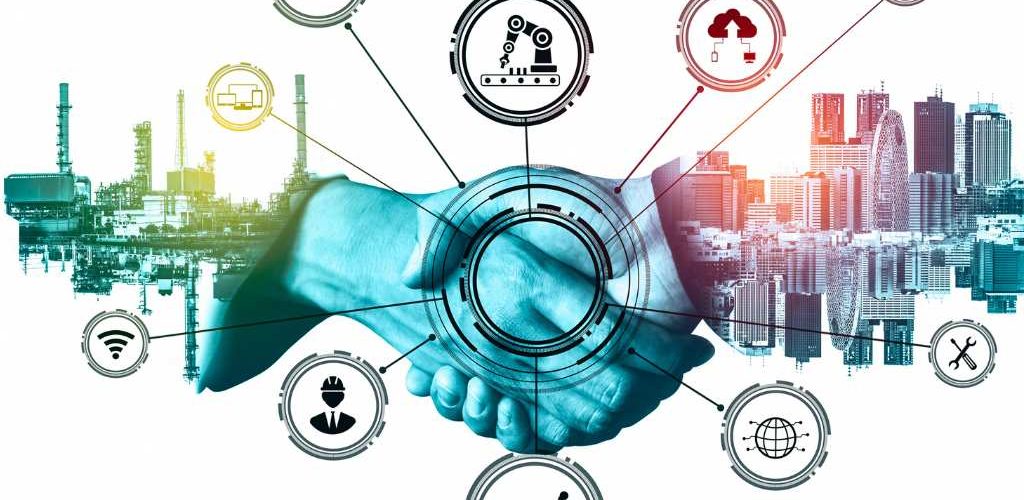AI inventions have revolutionized business and industry by automating tasks, analyzing giant volumes of data for insights, personalizing customer experiences, optimizing supply chains, and predicting outcomes. AI innovations also help improve efficiency, streamline processes, aid product development and cybersecurity – with AI-powered chatbots improving customer service while machine learning helps with recruitment and financial trading. However, ethical considerations must also be kept in mind when using this powerful tool.
Robotics for Business
Robotics helps businesses complete tasks more quickly and with greater precision than was ever previously possible, which enables faster turnaround and allows the focus to remain on customer satisfaction and R&D while eliminating errors and providing reliability.
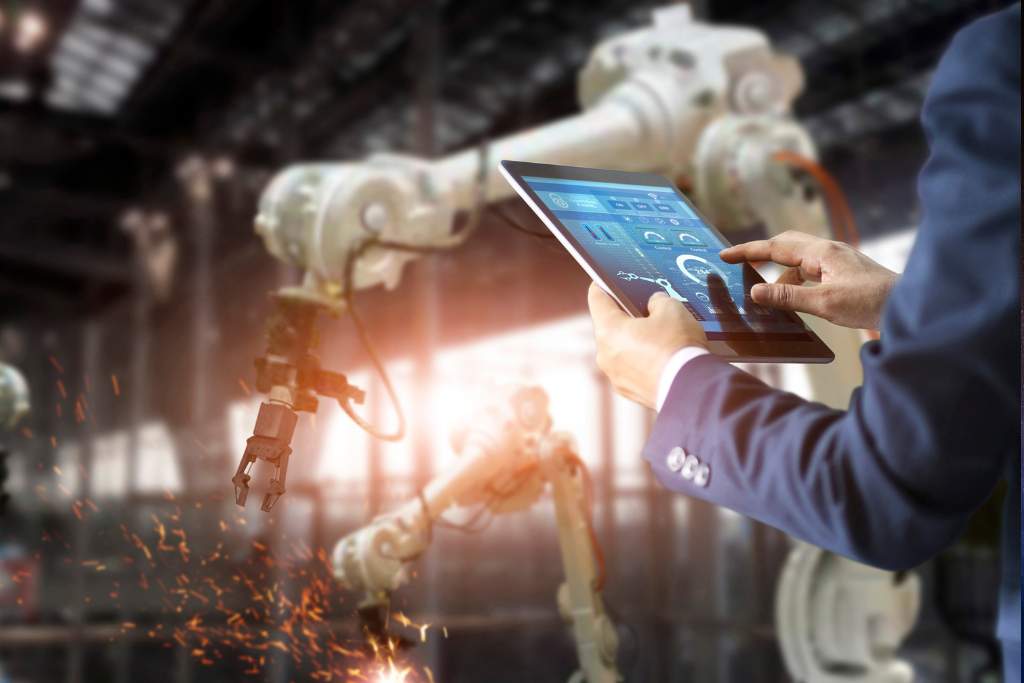
Robotics has long been used for manufacturing purposes. But robots can also assist with customer service and logistics (for instance, predicting flight delays and working with airlines).
Artificial Intelligence can also assist search-and-rescue efforts after natural disasters or detect landmines in war zones, as well as being utilized for security purposes like cyberattack detection and preempting them. AI technology is even being employed in healthcare to guide surgeons during operations. HR departments use it for resume screening and candidate shortlisting purposes as well.
AI Data Analytics
AI data analytics makes use of a variety of cutting-edge algorithms with machine learning to analyze large datasets effectively. Businesses can make decisions based on the data, improve their operational efficiency, and gain a competitive advantage if they extract significant insights and patterns from the data. Real-time processing, predictive modeling, and tailored suggestions are all made possible by AI data analytics, which is transforming a variety of industries and driving innovation.
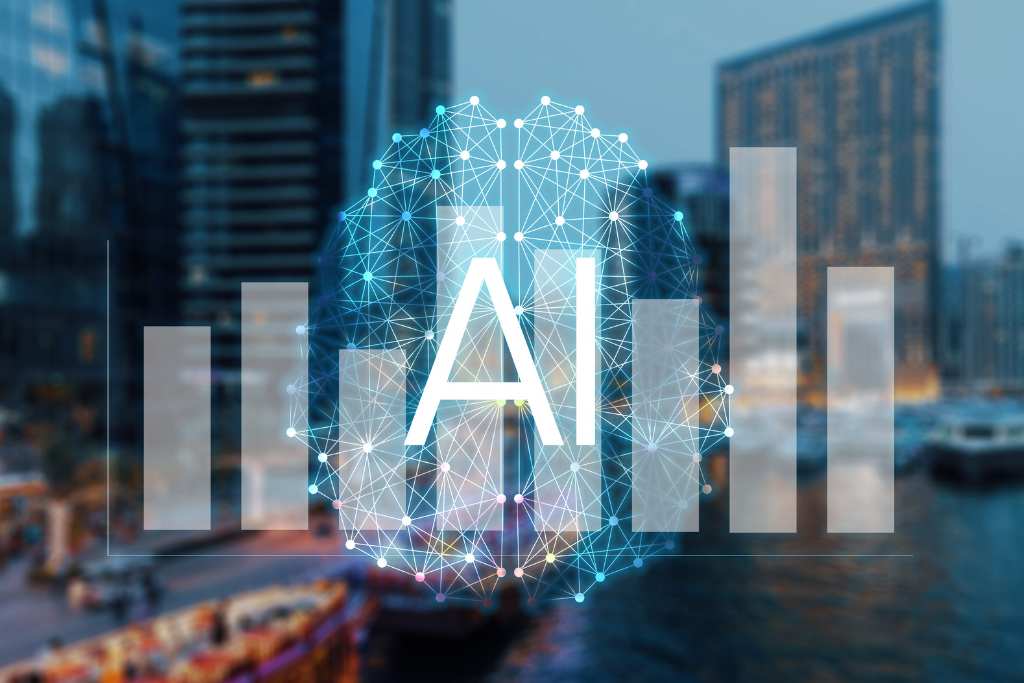
Machine Learning
Machine Learning enables computers to learn from data and make decisions without being explicitly programmed. It utilizes algorithms trained to identify fraudulent behaviors, identify faces and voices in images, as well as perform predictive maintenance services.

Chatbots are one example of this technology; using natural language processing and machine learning capabilities, chatbots can understand customer requests more efficiently before responding accordingly, even routing them directly to an actual person if necessary.
E-commerce systems that utilize these algorithms can deliver personalized recommendations based on each customer’s purchasing history, while streamlining customer service processes by decreasing the need to contact live representatives directly. Thus saving businesses’ money on training costs while improving the customer experience.
Natural Language Processing
As AI technologies advance, they will increasingly assume tasks traditionally carried out by humans. One of the most exciting technological breakthroughs in natural language processing. NLP technology has already demonstrated its power by writing Guardian articles for us and responding to simple inquiries such as, “What are you up to tonight?” It must be used responsibly and sparingly to be effective.
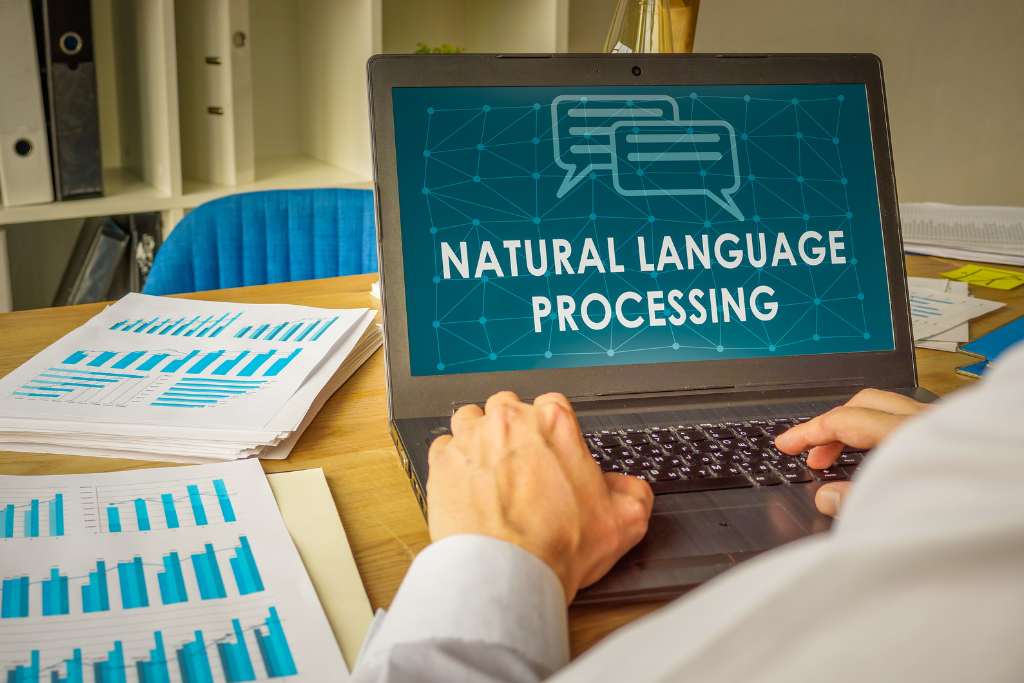
Business leaders must encourage aggressive adoption of these tools and learn to leverage them effectively. Natural Language Processing (NLP) powers customer support chatbots that understand, examine, and respond instantly 24/7 – creating significant value-add for many businesses. NLP serves as the basis for intelligent document analysis in industries like insurance fraud detection and aviation maintenance.
Robotic Process Automation
Robotic Process Automation (RPA) refers to software-based “robots” which automate manual tasks based on business rules. RPA reduces output variability while eliminating human errors that necessitate repeated work; as a result, RPA provides comprehensive end-to-end automation solutions.
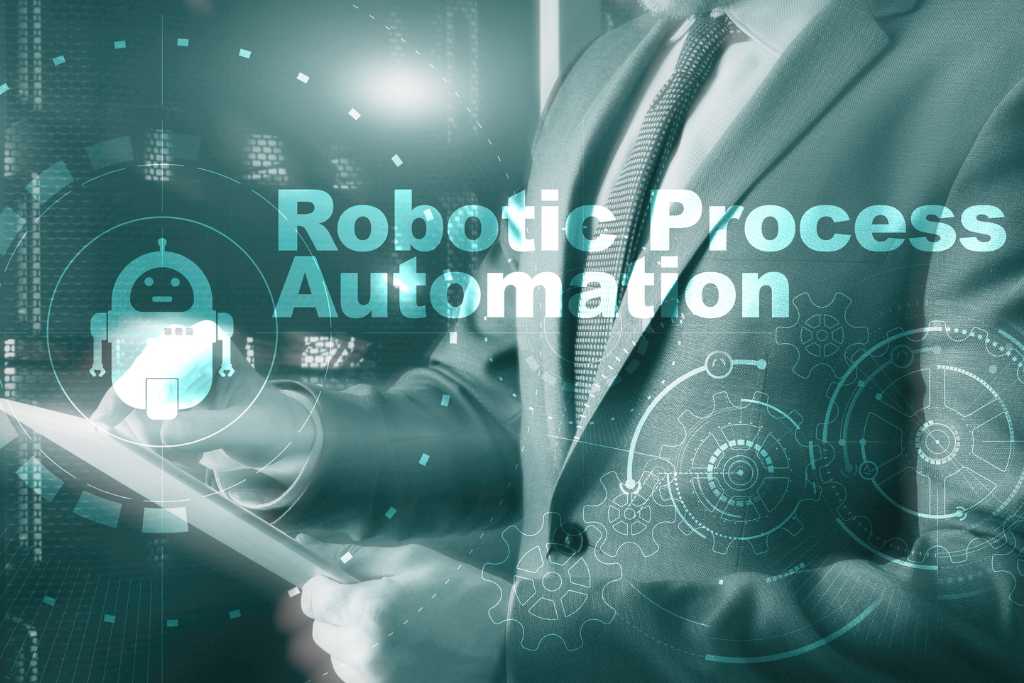
RPA allows businesses to implement integrations that sync data and processes without altering existing systems or needing employee resources for custom code development. Bots also fill gaps left by automated processes which may be time, volume, or complexity limited. This automation revolution is a testament to “How technology is changing the world”, streamlining operations, and enhancing efficiency across industries. From empowering businesses with seamless data synchronization to alleviating workload constraints, RPA exemplifies the transformative potential of technology in shaping the modern landscape.
